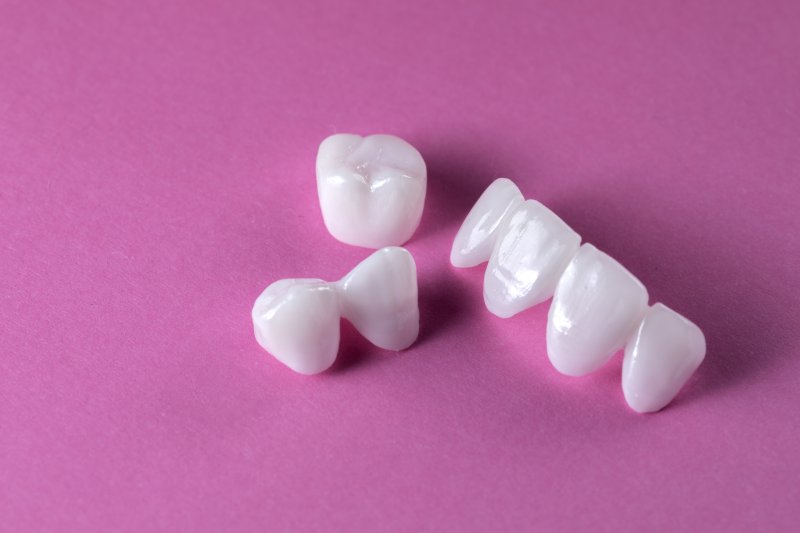
Losing a tooth can be a distressing experience, but thanks to modern dental technology, dental bridges offer a reliable solution for restoring your smile. However, like any dental restoration, bridges require proper care to ensure they stand the test of time. Let’s explore the lifespan of dental bridges and how you can maximize their longevity through diligent maintenance.
Understanding the Lifespan of Dental Bridges
Dental bridges are prosthetic devices used to replace one or more missing teeth by anchoring artificial teeth to adjacent natural teeth or dental implants. The lifespan of a dental bridge typically ranges from 5 to 15 years, depending on various factors such as the material used, the quality of the dental work, and the patient’s oral hygiene habits.
Traditional bridges, made from materials like porcelain fused to metal or ceramic, tend to last longer than resin-bonded bridges, which are less durable but offer a more conservative treatment option. Additionally, the location of the bridge in the mouth and the forces it experiences during chewing and speaking can impact its lifespan.
Prolonging the Lifespan of Your Dental Bridge
While the lifespan of a dental bridge is influenced by factors beyond your control, such as material quality and placement, there are steps you can take to extend its longevity:
- Practice meticulous oral hygiene: Regular brushing and flossing are essential for maintaining the health of your natural teeth and the supporting structures of your dental bridge. Use a soft-bristled toothbrush and fluoride toothpaste to clean your teeth and bridge thoroughly, paying special attention to the areas where the bridge meets your gums.
- Attend regular dental check-ups: Routine dental visits allow your dentist to monitor the condition of your dental bridge and address any issues before they escalate. Professional cleanings help remove plaque and tartar buildup, reducing the risk of decay and gum disease around the bridge.
- Avoid habits that can damage your bridge: Certain habits, such as chewing on hard objects, grinding your teeth, or using your teeth as tools, can put unnecessary stress on your dental bridge and compromise its integrity. Be mindful of these behaviors and take steps to avoid them.
A dental bridge can significantly improve your oral health and restore your smile, but its longevity depends on proper care and maintenance. By understanding the factors that influence the lifespan of your bridge and adopting good oral hygiene practices, you can enjoy the benefits of your restoration for years to come. So, remember to brush, floss, and visit your dentist regularly to keep your dental bridge in optimal condition.
About Our Practice
At Crossroads Family Dentistry, we do more than just offer our patients dental care. We endeavor to make oral healthcare as simple and easy as possible, meaning that when you see us you can expect a truly stress-free experience. We also want our patients to understand as much as possible about how best they can protect their oral health, so we deeply value the rapport that forms the partnership between dentist and patient.
If you have any questions about dental bridges, we can be reached at our website or by phone at (434) 841-1704.
